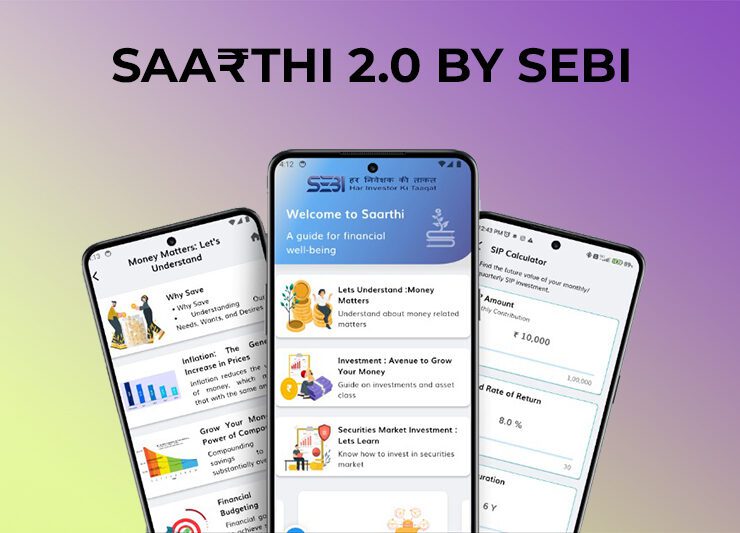Get Your Shares on the Same Day, Says SEBI Here’s Everything You Need to Know About This Announcement

After a recent board meeting in Mumbai, SEBI chief Madhabi Puri announced that SEBI a.k.a. the Securities and Exchange Board of India, is working on a plan for the same-day settlement of trades, or what is popularly known as T+0 settlement, by March 2024. That’s not all, she also said that the Board is also working on introducing instantaneous settlements by 2025.
So, let’s break this announcement down a little more, and explore what this means for you and other investors.
What is the background for this announcement?
Back in January 2023, India implemented the T+1 settlement system, this means that if you bought a share on Monday, it would be delivered to you on Tuesday. Apart from China, India is the only market that has cut settlement time down to one day, most other countries follow a T+2 settlement system.
However, based on feedback from market infrastructure and brokers, who have highlighted the need for technological growth that enables immediate settlement, SEBI is taking this one step further. Now, they are working on introducing T+0 settlement by March 2024 and instantaneous settlements by 2025.
What are the pros of this new system?
With this new system, trading activity will become faster for all market participants. Say you’ve bought a share on Monday, the share will be delivered to you on Monday itself. This will increase efficiency and transparency while decreasing risk and fraud in the markets.
Plus, to ease the transition for many institutional and foreign investors, SEBI has made T+0 settlement optional, which means that while making a trade, the investor can choose between T+0 or T+1 settlement.
What are the cons of this new system?
The biggest resistance to this announcement is coming from foreign investors, citing foreign exchange issues. For a foreign investor to execute and settle a trade within the same day, the conversion of funds into Indian rupees must occur one day prior to the trade. In the T+1 and T+2 settlement systems, rupees could be acquired on the day of settlement.
While the options to choose a T+1 settlement for such trades remain, there is also a worry that having two parallel systems may cause fragmentation in the market. Retail investors will opt for T+0 settlement, while T+1 will be for institutions and foreign investors. As a result, liquidity gets fragmented.
Expectations from the Future
While the fragmentation issue is yet to be addressed by SEBI, it looks like the roadmap towards instantaneous settlements has been paved.
With Unified Payments Interface (UPI), which enables instant and seamless fund transfers across banks and platforms as well as online depositories such as NSDL and CDSL, which hold securities in electronic form and facilitate their transfer through Demat accounts, India has all the infrastructure it needs to successfully move towards T+0 settlements. If this plan is successful, India will become one of the leading financial markets globally.
📬Also Read: A Simple Guide: Opening a Demat Account for Minors in Bharat








